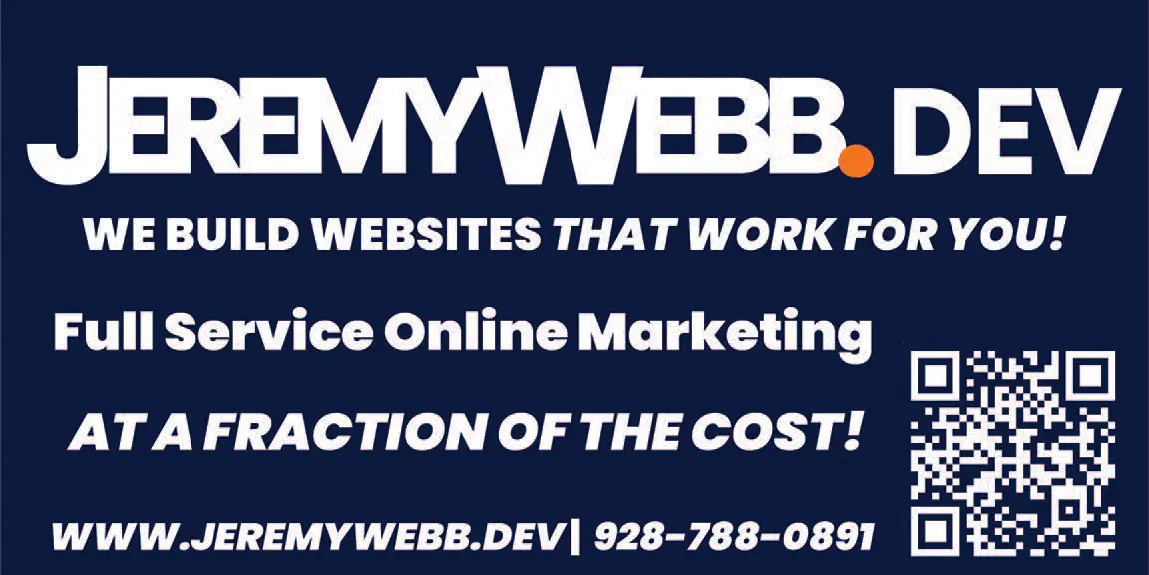The right buyer not only offers you a fair price, but is also a good partner during the transition. Finding a buyer for your business can be tougher than you may realize. Finding the right buyer can be even tougher.
The right buyer not only offers you a fair price, but is also a good partner during the transition. That’s crucial if you give vendor financing to secure the deal and want the business to succeed after the transaction. “Buyers are harder to find than many entrepreneurs think, especially a buyer you can work with,” says Benoît Mignacco, Vice President, Portfolio Management with BDC’s Growth & Transition Capital team, which finances business transitions. “It helps a lot if you and the buyer share a similar vision for the business.”
Here are tips Mignacco suggests for finding the right buyer:
1. Assess your options: First, think about who would be an ideal buyer for your business – a family member, a group of employees or an external purchaser. Keep in mind that transitions involving insiders – family members or employees – tend to perform better than outsider acquisitions. “In our experience, management buyouts work best in terms of the return and the company’s success,” Mignacco said. “The business culture doesn’t change, and the transition is usually smoother.”
2. Ask an accountant: If an internal transition isn’t possible or desirable, you’ll need to find an outside buyer. An accountant may be your best partner for the search. They usually have a large client base of business owners and professionals whom they can approach discretely to see if there’s interest.
Many large accounting firms have in-house brokers who specialize in connecting business vendors and buyers. These firms usually charge a fixed upfront fee along with a success fee based on a percentage of the transaction value. The cost is usually higher than the fee at smaller accounting firms, but it can be worth it, especially in larger transactions worth $5 million or more. Larger accounting firms may have a national and international network of possible buyers and can thus get more interest.
For smaller transactions, it’s probably more economical to use a local accounting firm to find a buyer. Either way, it’s a good idea to seek two or three submissions to compare. “The most important thing is to have a good fit with the people who are selling your business,” Mignacco says. “You want someone who understands your company.”
3. Cast a wider net: You can also ask other professionals to help you find a buyer. These include bankers, business brokers, lawyers and industry consolidators. Your advisory board, if you have one, could also provide leads. If you own a franchise, you can approach the franchising company; it may have a list of prospective franchise buyers.
Smaller companies may want to list their company on business-for-sale websites. But be sure to check the site’s reliability before signing on. Depending on how discrete you want to be, you can also put the word out through industry associations and your circle of business associates.
Other options include approaching competitors, an outside management group financed by private equity investors (known as a management buy-in, or MBI) or an external group of managers who buy into the business along with an internal management team (a buy-in-management-buyout, or BIMBO).
For more advice, download your free copy of our guide Selling Your Business: A Guide for Entrepreneurs.





























